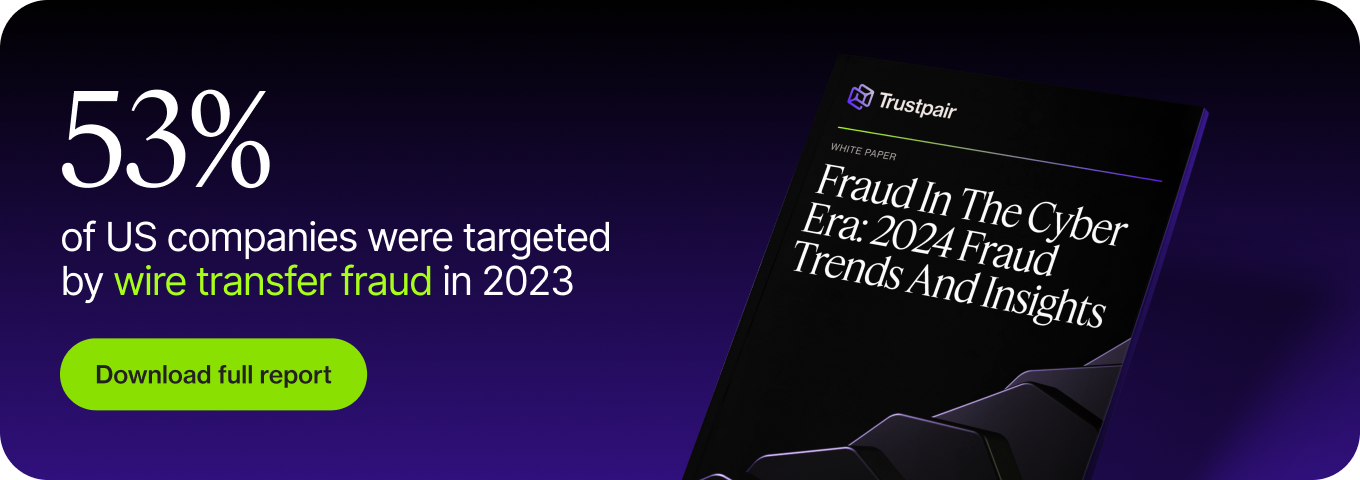In a context where the risks of transfer fraud are skyrocketing, financial departments are getting busy and implementing anti-fraud measures. Nevertheless, the question of the effectiveness of these controls persists because of their often manual, time-consuming and fallible nature… The consensus on the need for a digital solution to control third-party data and fight against transfer fraud is now real. In order to address this issue and to understand how Financial departments position themselves in 2021 to fight against wire transfer fraud, Trustpair, Accenture and Option Finance unveil an unprecedented Fraud Study.
Fallible and time-consuming manual checks
Why set up an awareness programme?
Of 165 respondents, 66% report having a team awareness program in place.
Digital or banking identity theft is accelerating! A supplier will feel reassured knowing they engage in a business relationship with a company that carries out systematic third-party bank details checks and implements protective barriers against fraud. This can instil trust with suppliers, but also with employees, who know they are operating in a secure environment, with systematic controls and adequate tools.

How often are such programmes run?
In order to train their teams to the risks of fraud, companies take regular actions: 58% of respondents claim to carry out awareness actions at least every month.

“There is a real challenge around employee awareness. Either fraud issues are incorporated into the company’s DNA, or they are brought up more forcefully. Corporates are looking to improve on this matter.” – Elodie Bananier – Senior Manager at Accenture France − Head of Fraud and Financial Security, Know Your X and Market Integrity
Fallible and time-consuming manual checks
In 2020, anti-fraud measures were put in place:
- Security enhancement,
- Appointment of a person/team in charge of controls,
- Bank Details Verification,
- Regular controls (montlhy, weekly),
- Data security,
- Awareness programs.
Bank detail checks have become common practice
82% carry out a systematic check when updating supplier bank details, 75% at the start of a business relationship. Verifying bank details has become a reflex for Financial departments, but no solution is in place to ensure the exhaustiveness and reliability of these checks.

“Today, companies are being defrauded because they do not control their supplier data. This is the case because they rely on manual processes. By digitising these tasks, teams can implement more secure and streamlined processes.” – Baptiste Collot, CEO at Trustpair
Manual processes in place
Companies tend to combine multiple approaches to prevent fraud. Double signatures and confirmation calls are the most widespread methods used in French companies.

Manual checks: an insufficient safeguard?
Although many regulations govern how businesses must identify third-party, such as the French Sapin II Law or KYS (Know Your Supplier) processes, these measures are unfortunately not a sufficient safeguard against fraud. Indeed, the control procedures carried out by the operational teams can pile up and turn into a genuine burden. Manual checks are time-consuming and highly fallible. There are two main benefits to automating these processes: to drastically enhance security, and minimise low added value tasks.
Want to know more?
Download our white paper and discover all the results and expert analyses.






